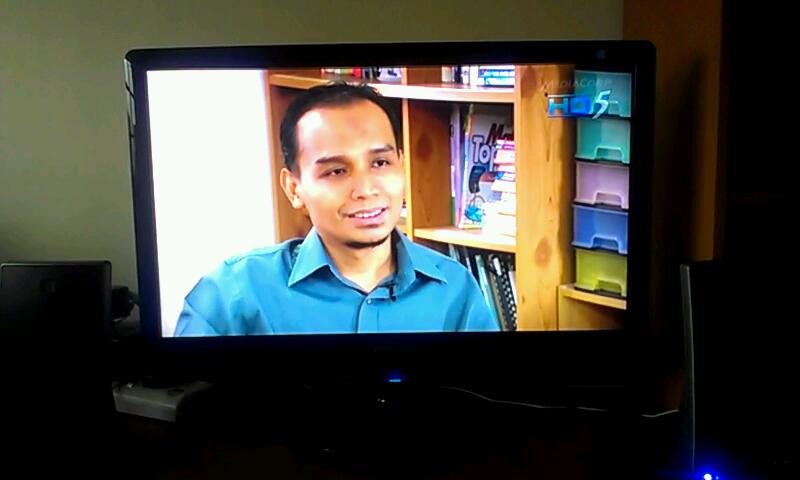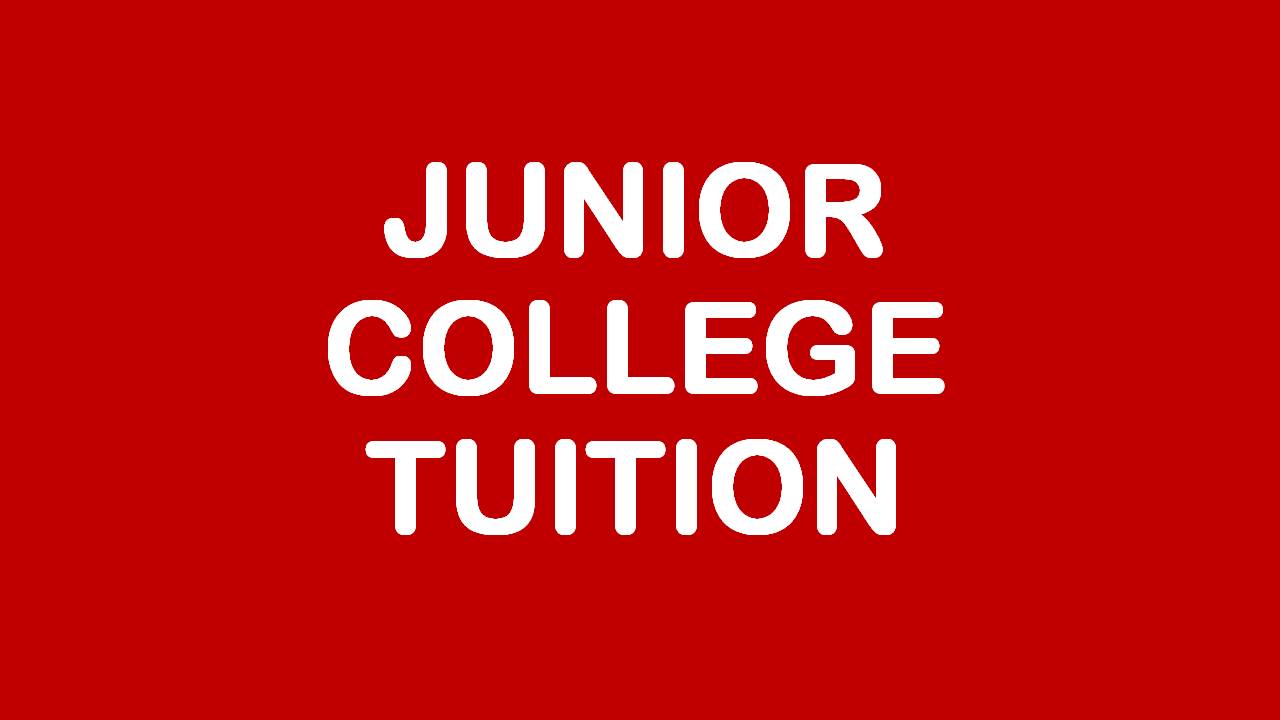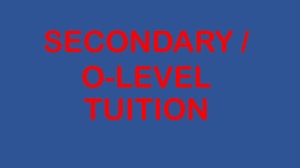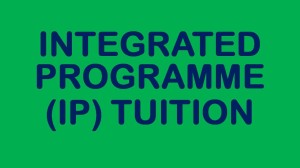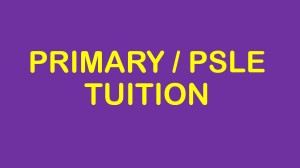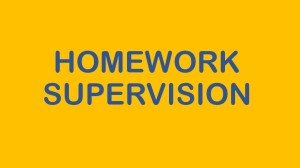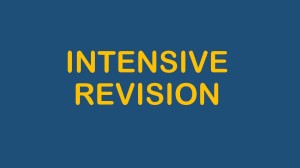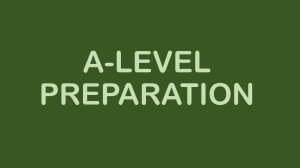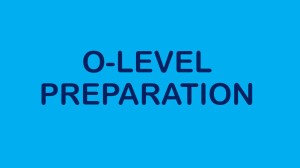I was interviewed by the media yesterday about my views. Since the televised version of it is just one minute, I will write my full answers here plus extra perspectives. : )
Q1. How was it like when you had to register your child for P1?
Although my wife is an alumnus of a popular school, we decided to send our girls to a nearby school instead. We were disappointed that even though we live less than 1 km from the school, we still had to participate in balloting. Although our children did get into the school, it would be quite stressful if they didn’t. To me, children who live less than 1 km from a school should be given a higher priority to enter that school than children whose parents are simply alumni.
Q2. What do you think of the changes introduced?
I think the changes introduced are too minor and vague to make any significant impact on the education system here, if the intention was to reduce stress in the system. If the intention was to have a greater diversity of student backgrounds in a school, the impact will still be minimal. For example, what if there are more than 40 students with no prior connections to a school wanting to go to that school which is near their home? 40 places is not a lot. As for DSA, higher-income parents will be able to groom their children to have some sporting or artistic talent. As for good character or resilience being a consideration for DSA, it is very subjective; students can also be pretentious and parents can force their children to undergo activities that show or document that they have good character or desired personal attributes.
Q3. As a parent, how stressful is PSLE for you?
Because both my wife and I are educators, it is not very stressful for us as we are able to develop our kids academically ourselves. But this may not be the case for other parents, especially those who are not teachers or tutors.
Q4. How do you think the change to PSLE scoring will impact the way children learn?
Not much. Just because I won’t be able to know whether my child gets 235, 265 or 266, it doesn’t mean I will not push them to get 4 A-stars. Parents still want their children to get the best grades.
Q5. As an educator, what are your thoughts on the option to do higher level subjects in Sec 1?
It’s still quite vague what the subjects are that students can do. Apparently, it’s only for Normal stream students to do an Express subject, not for Express stream students to do a higher level subject. It may be good for some able students, but just because you have done well in some previous exam it doesn’t mean you are ready to do a more rigorous subject.
Q6. How will the change to DSA impact your child’s preparation for Secondary School?
Hardly any. Personally, I don’t like a backdoor method of entry to a school. If I want my child to enter a top school, I want her to be intellectually ready to compete with other top students.
Q7. Is it realistic to move towards a “every school is a good school” reality in Singapore?
It will take some time to convince parents that every school is a good school. In the first place, the term “good school” is problematic. What exactly constitutes a good school? I think the government contradicts itself by saying that “every school is a good school”, yet it wants to preserve the notion of “top schools”. So there are good schools and there are top schools. So as a parent, why should I not push my child to get into a top school rather than a good school? What will be more obvious to the public is, all schools are good schools, but some are better than others.
My interview will be aired tomorrow at 9pm in VoicesTODAY. I think it will be repeated on Saturday at 5.30pm, and I was told it would also be available on Youtube.
Is every school in Singapore a good school?
When we are talking about good schools, are we referring to the schools’ (1) teachers, (2) facilities, (3) programmes or (4) students?
If we are referring to just aspect (1), yes, I would agree that all schools here are good schools, in the sense that most of the teachers are qualified, experienced and dedicated to their profession.
But if we are talking about facilities and programmes, we know that some schools get more funding and more autonomy in deciding their curriculum. We can see with our own eyes that some school complexes are physically much bigger and in some schools nearly all or all of the classrooms are air-conditioned, which really makes learning more comfortable. We also know for sure that some schools provide more CCA options and have a greater variety of enrichment activities. So with respect to (2) and (3), it’s kind of a stretch to say that every school here is a “good” school.
Through the PSLE system and streaming, we have created elite schools and ‘neighbourhood’ schools. Do you think students in these two kinds of schools perform and behave in classrooms the same way? Many of my family members, in-laws and relatives are teachers or ex-teachers. We meet at least once a year, often sharing stories of what goes on in the schools. The result? Suffice to say that I will not send my children to certain schools. Because of this, it will be against my conscience to say that every school in Singapore is a good school.
It is a good and noble aim, to make every school in Singapore a good school. But to achieve results, it has to be done sincerely and with a strong will, because teachers, parents and students can see for themselves what actually happens in the schools. How schools are viewed by parents and prospective students cannot be changed by oral persuasion alone.
A different kind of school …
I have been doing relief teaching this week in a school where every student has a macbook and their textbooks are all stored in their macbooks. So they only bring one ultra light laptop to school instead of a stack of textbooks. They answer the e-book questions in their e-journals and draw graphs using software. At the same time, they are able to access the internet for more info to do their classroom projects. Every morning, because i’m a relief teacher, i have to borrow a macbook from the IT dept to take class attendance and to show science videos on the internet. I don’t go from classroom to classroom to teach Science; I sit in a dedicated Science lab surrounded by scientific apparatus and prepare for students to arrive. And these students are not college students; they are just 12 to 13 year-olds.
Wouldn’t it be great if every school in Singapore is like this, where teachers have dedicated subject rooms and technology is heavily utilised, from primary schools to junior colleges? All schools, instead of just some elite independent schools? Students sit around me instead of facing me. Students sit in groups facing one another instead of sitting individually facing the whiteboard. All classrooms are air-conditioned for comfort and the class sizes are between 20 to 24 (it seems that the school believes that every child is Gifted).
_______________________________________
TUITION CLASSES:
_______________________________________________________________
EDUCATIONAL SERVICES:
______________________________________________________________
